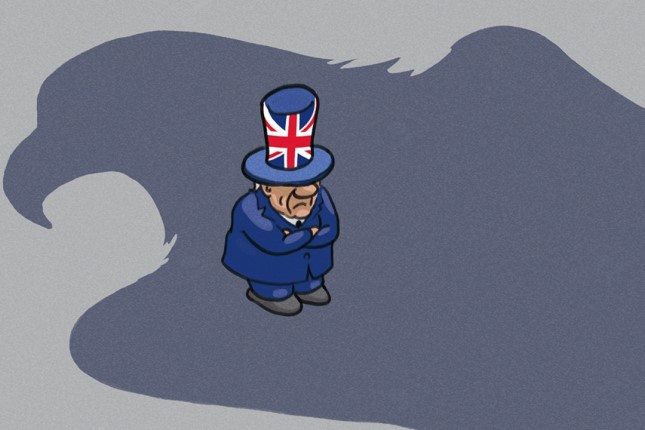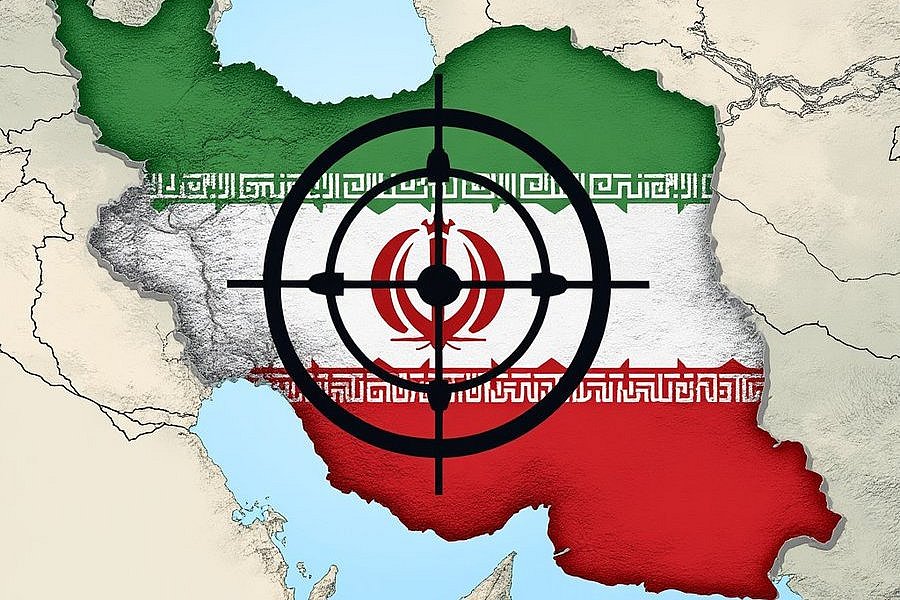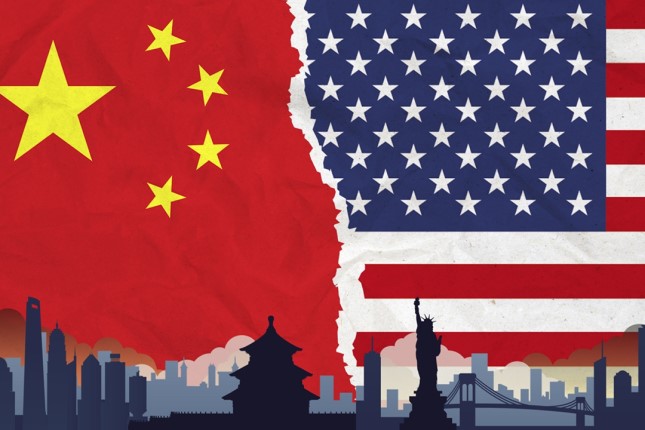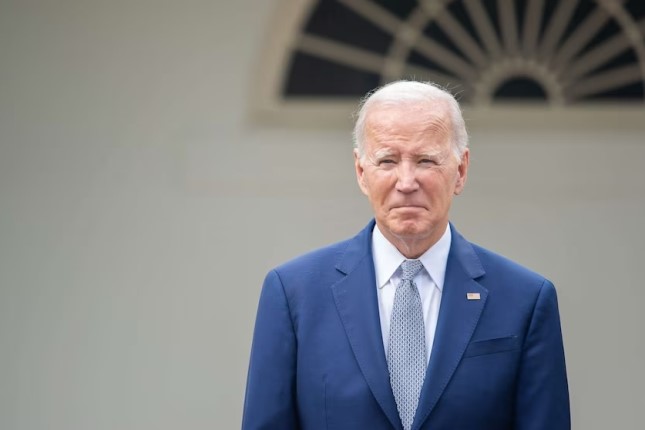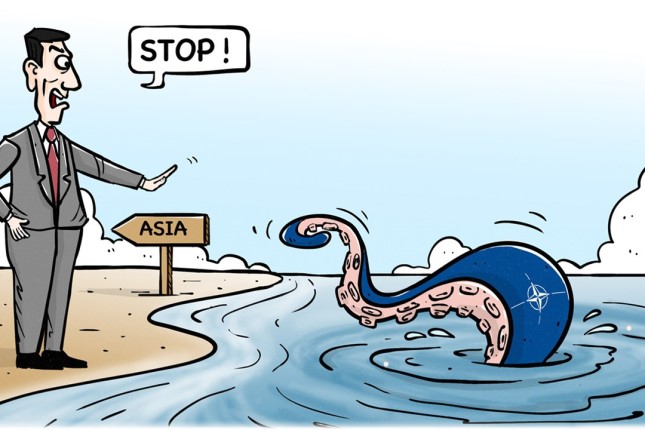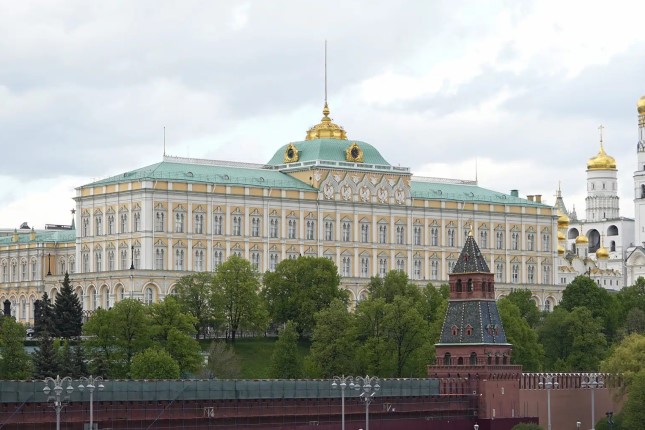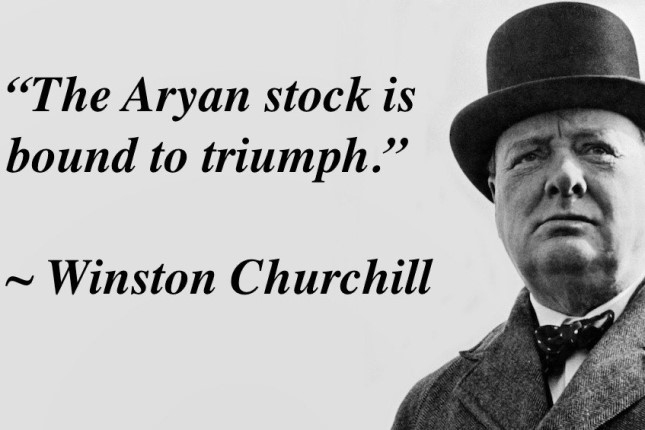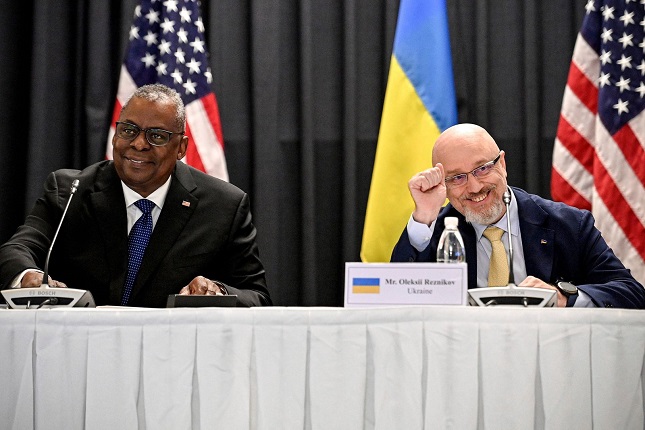If anything, looking up to the US won't help Britain address its domestic economic woes.
Sunak is due to be in Washington on a two-day mission from Wednesday to Thursday. And the Financial Times speculated on Tuesday that Sunak will try to convince US President Joe Biden that Britain could exert "leadership" in the development and regulation of artificial intelligence (AI).
While it remains unclear whether AI will become one of the major topics between UK and US leaders as reported, it seems certain that Sunak's Washington trip will be closely watched as a crucial window as to whether the relationship between the two closest allies will help the UK ensure its role as a key player on the world stage.
Whether or not Sunak achieves such goals as building leadership in AI regulation with the US recognition, the UK's potential request to the US still comes as a lamentable and sighing indication that the US-UK relationship is no longer as balanced as in the past as the UK is now looking up to the US instead of discussing issues of common development on the same level with the US. And as the UK has turned itself into a complete follower of the US, the only question lingering over their relationship is that whether the US will still regard the UK as its main vassal and contributor to the US-led order.
Fundamentally speaking, the crux of the unbalanced relationship is the overall UK strength in decline, particularly the serious difficulties facing its economic development. The fact that the UK has to beg the US for some space to survive in high-tech areas such as AI is sufficient to indicate the UK's economic predicament.
While the UK economy is expected to avoid a recession this year, according to an IMF forecast, the outlook for the UK economy remains uncertain. Economists still warned that the UK economy could slip into recession next year as stubbornly high inflation pushes interest rates to above 5 percent, according to a report from The Guardian in late May. Official figures showed that the UK's annual inflation rate fell by less than expected to 8.7 percent in April, remaining at a high level.
The continuing high inflation has caused a series of problems, such as declining overseas orders and frequent strikes that have seriously disrupted social order. Britain's manufacturing output fell for a third month in a row in May and new orders declined at the fastest pace in four months, Reuters reported. On Saturday alone, more than 12,000 members of Aslef, the train drivers' union, were on strike that left only 40 percent of services running.
What's even worse is that the UK government has no solution to its economic woes. At a time when Brexit has continued to deepen the awkward situation facing the UK's foreign trade, it is regrettable to see that the UK has not developed a global trade network as diversified as its Global Britain strategy once claimed, but instead pursuing a one-sided policy tilting toward the US in US-China strategic game, gradually losing its strategic independence.
About one decade ago, the UK used to maintain a cautious balance in dealing with the US and China, seeking economic cooperation while avoiding being dragged in any geopolitical conflicts. At that time, public opinion believed that bilateral relationship had entered a "golden era," which would offer a boost to both economies.
No one could have imagined that Britain would face such awkward situation today, which is nothing but the result of a strategic blunder on the UK's siding with the US completely. Given the US traditional attitude toward its allies, it would be delusional if Britain wants to rely on the US goodwill for further development room.
Therefore, what the UK needs most is to improve its industrial competitiveness. In doing so, it needs to be better integrated with the global economy, including the Chinese economy, instead of being carried away by a geopolitical mind-set.
Photo: UK US relations © Liu Rui / GT.
Source: The Global Times.
